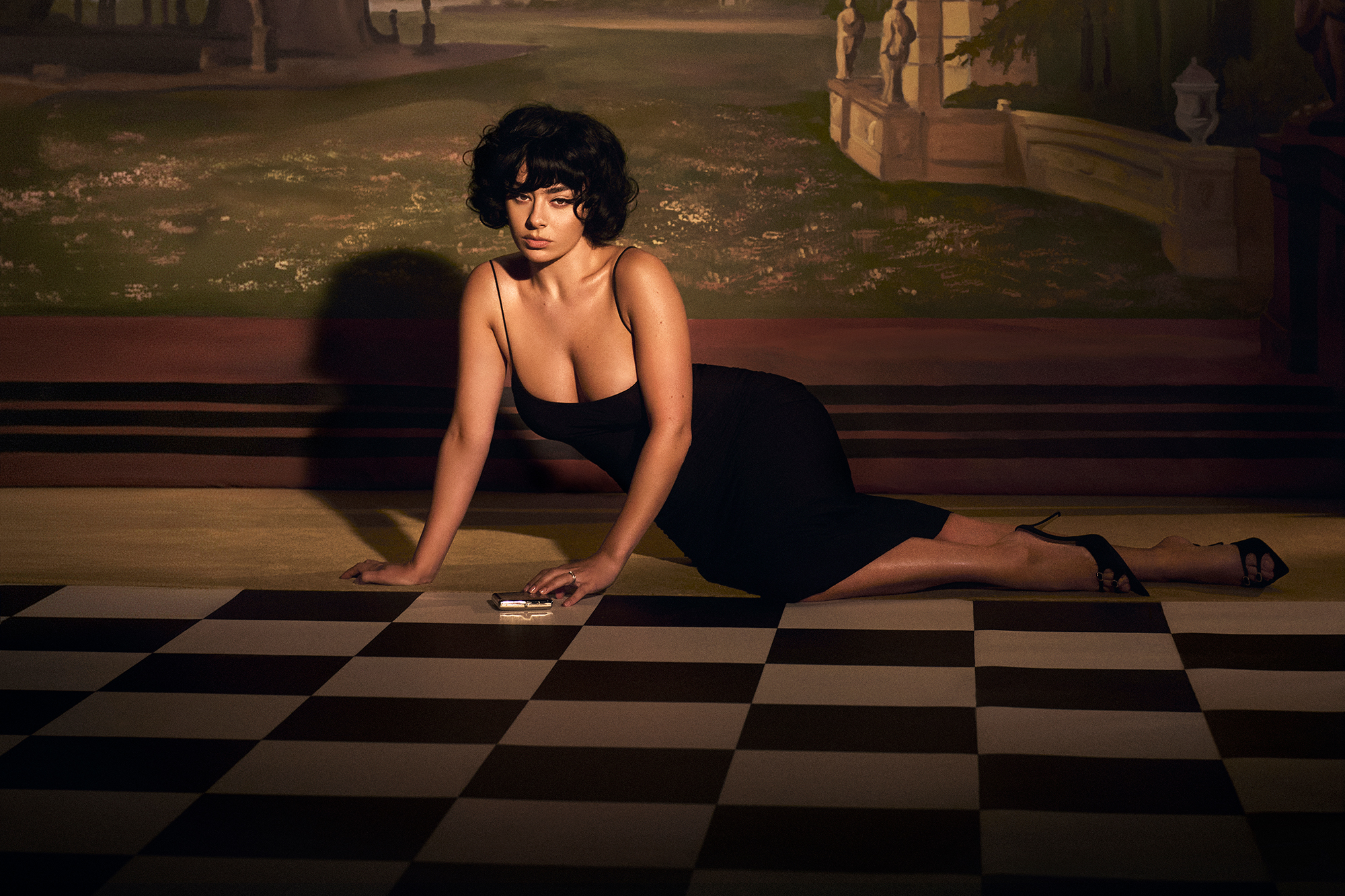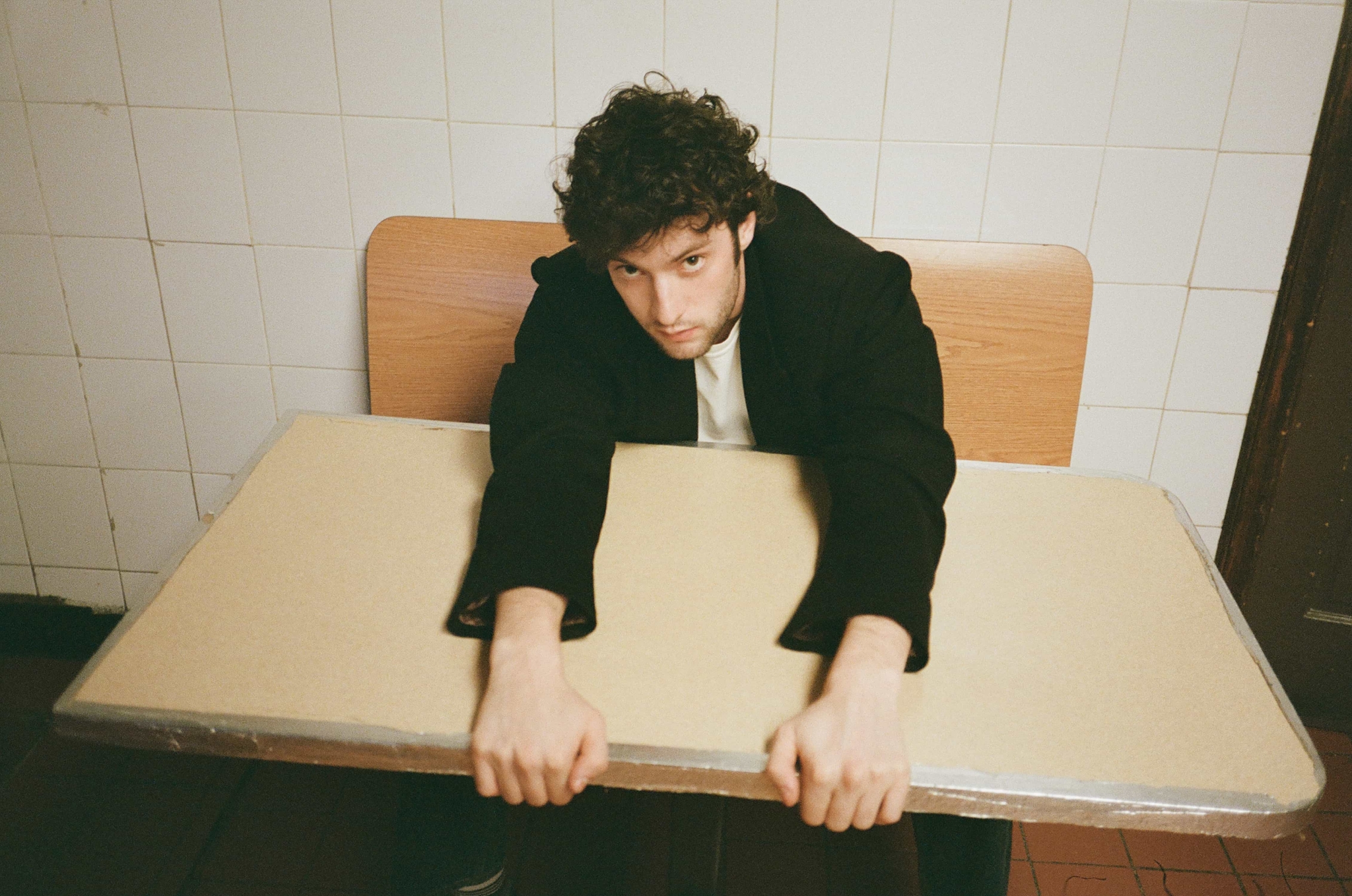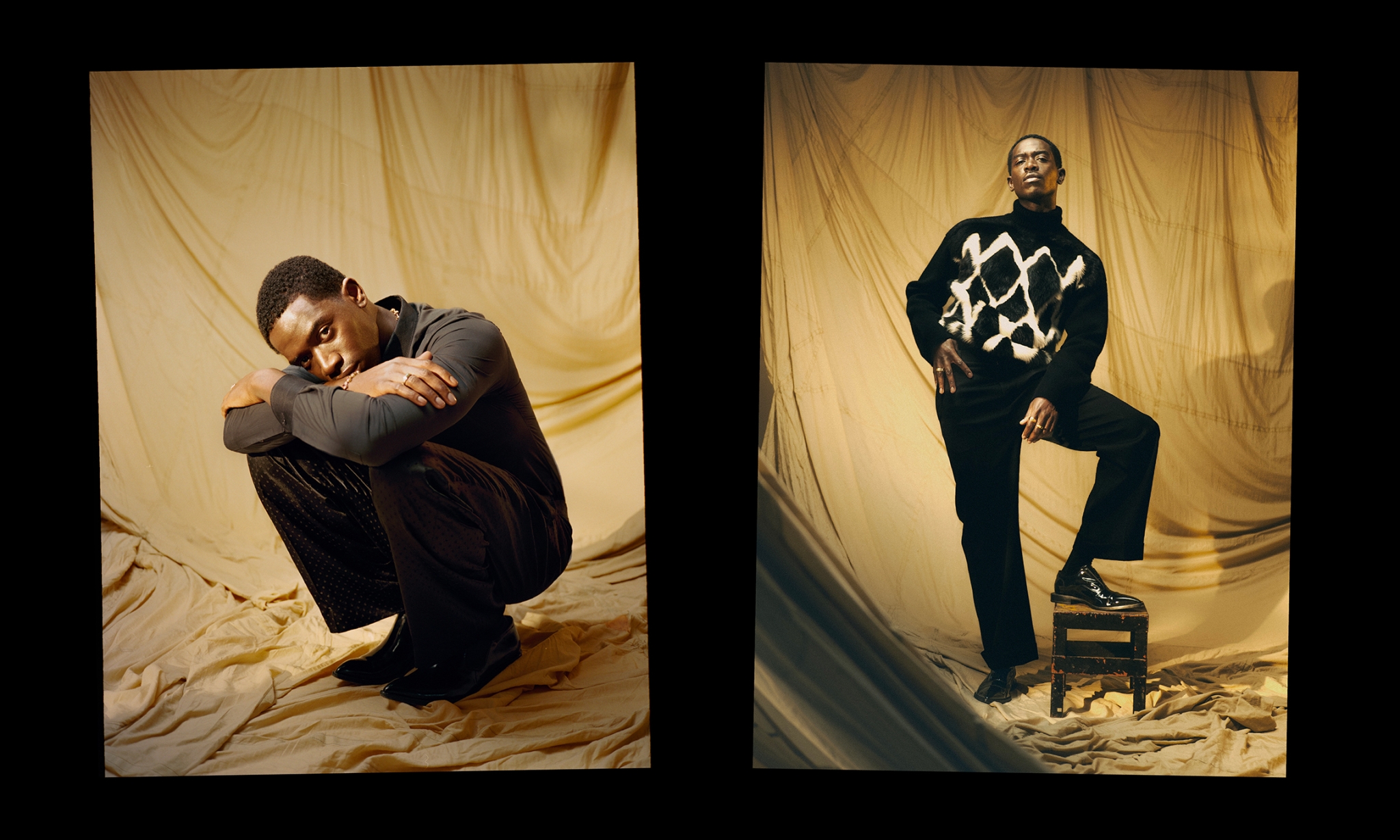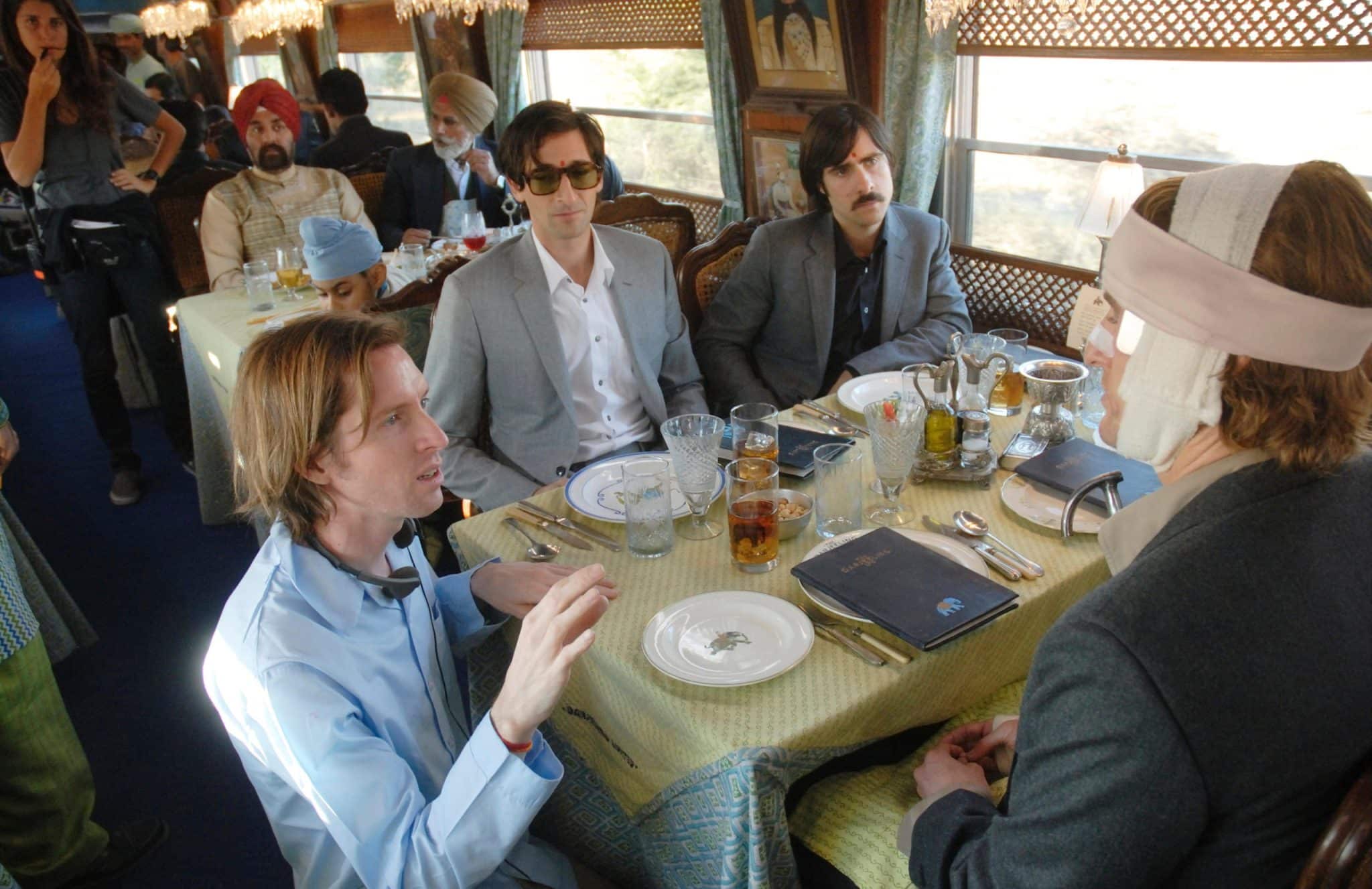
You can always tell when you are watching a Wes Anderson movie. The metamodern dialogue, the simmering melancholy obscured by shotgun-wit, and his recurring troupe of actors, put him in the tradition of the American Eccentric Cinema movement. But like a Matisse painting or a Zweig novel, his hallmarks are singular. Anderson’s style has become a movement of its own: an aesthetic adjective. The term “Accidentally Wes Anderson” conjures images of vintage furniture in baroque European buildings with bonbon greens, pinks, and yellows. Beneath the surface, though, are eclectic cultural homages that stand him out as a thinker’s filmmaker. It’s been this way since Bottle Rocket, through to the Grand Budapest Hotel, Darjeeling Limited, and even his delightfully underappreciated Prada advertisements. His films display exaggerated, but not overcooked, visions of another Europe, another America, India, or Japan – as though each setting is an arena for Anderson’s imagination to blossom and pollinate with the artists he has read, listened to, or watched on-screen. Often, these figures are from those very places he depicts. Even mainstream spectators (that is to say, those with no interest in art-house cinema or the auteur) enjoy losing themselves in these arenas with him, following Anderson as he conducts his off-beat experiments. This could be in the opening credits or stop-motion animation, or his constant shifts in filters and frames. Here is a director for all, and yet his body of work feels as though they might have been simply made for him.
Perhaps a single line from his most recent film, The French Dispatch, describes the sort of journey Anderson – who was born in Texas but lives in France – is on as a storyteller. As the genius chef Nescaffier (‘Escoffier’ obviously) lies injured in the movie’s penultimate chapter, he confides in the writer Roebuck Wright. “I’m a foreigner you know?” he utters helplessly. “This city is full of us, isn’t it?” the journalist responds, with humility, “… I’m one myself.” As the camera closes in on Nescaffier’s face, the chef whispers something rather profound. A line that reveals as much about his character as the very auteur who wrote these words for him: “Maybe with luck,” he says, “we will find what eluded us in the places we called home.” Read on as we discuss setting, inspiration, and the birth of the worlds of, and with, Wes Anderson.
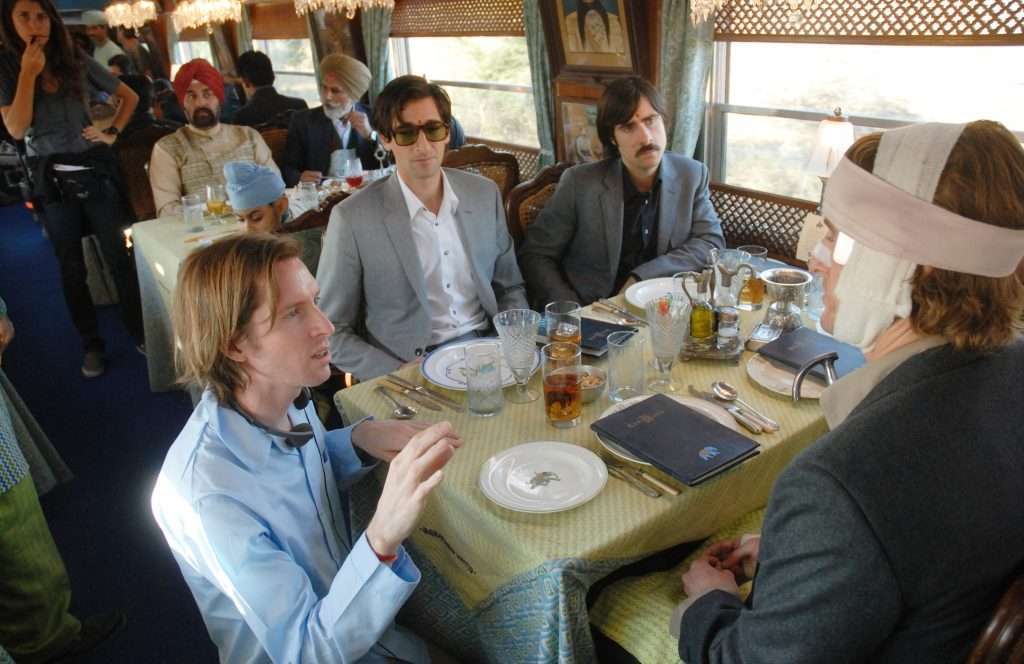
ARF: Your films are so beautiful and full of magical characters. We lose ourselves in each work…in the worlds you create. Is it the story that comes first to you or the place? And where next?
WA: The story and the place are usually very connected. The first movie I made was called Bottle Rocket. We shot it where we lived. We cast it in the US. Owen Wilson and I made up the story around our resources. Then, I made a movie at a school [Rushmore]. Well, the setting of the school was also sort of the story. The story grew out of the setting as much as the other way around – or something like that. I had, at one point, had an idea of a movie that was set on a train and a movie about a trio of brothers, and the setting of India, and those things mix together. So, my most recent movie, the French Dispatch, was the result of me having spent quite a lot of time in France over the last 20 years or so and thinking: I sort of have a French movie in me that I want to do. Just getting that spider off my spectacles. Also: I had another idea where I wanted to do a movie that was a collection of short stories, collected in a magazine. I combined these ingredients, and that led to this movie.
ARF: Your imagination seems taken by the tones, costumes, and colours of Europe. Perhaps of old Europe. Has living in France influenced you in this? And in other ways?
WA: Well, yes. I think spending all this time in France, first of all, and the experience of being a foreigner probably does change you a bit. And I always enjoy seeing another way that things can be done. The house where we live in England, for instance, it’s an old house, and it has its own series of methods and systems that were in place long before us, long before we arrived here. They have now become our ways. And certainly, that’s part of life in Paris too: you’re adapting and learning all the time. And I enjoy it because every day is a sort of adventure. Yes, and I will say making a French movie, for me, was as much about “What do I do with my experiences or interests or observations” (whatever it is that I’ve gathered together from spending the time in my life in France) and, obviously, the French movies I’ve been absorbing all along. You then say: “How am I going to use this for my thing?”
ARF: There is a saying ‘that Paris is a city of dreams and broken hearts’ … or something like that. I am sure you have seen the films of Jean Renoir. Which of his films moves you most, touches you deeply? Les règles du jeu? Or perhaps La Bête Humaine or French Cancan.
WA: La Grande Illusion is one of my favourite films. There’s another called Toni that I particularly love. He also made this magnificent film in India, The River. That was one of the inspirations for me to do a movie in India, myself. I guess I would say again and again, his movies lead me into something of my own. Yes, if I had to make a list (and I don’t really find myself doing lists), he would be at the top. Rules of the Game, maybe that’d be my favourite movie.
ARF: French cinema has a rhythm of its own – a mystery – how do you feel French auteurs are different from American auteurs?
WA: American cinema, as we know, comes more or less out of the old studio system – a place where they might have very precise rules and guidelines for the kind of work each studio wants to produce. Whatever that was, each studio thought it was going to make them wildly successful. I would say they highly valued, in particular, professionalism. The lighting, the sets, the costumes, the best of Hollywood. Each company was distinctive and refined in a different way. Each studio was drawn, a bit, also, maybe, to different kinds of stories and writers. French cinema on the other hand, I think, comes more from individual filmmakers. Their voices come first
The American ones found their voices within the context of a very professional system and a lot of work, making a lot of films. Some of the early American directors made a couple movies a year – or four movies a year! And I don’t know if that was ever the case with any French filmmakers. Who among the Americans of that time falls into the category of Jean Renoir? Someone where each movie is clearly his own choice, from start to finish. I don’t know if that happens so early in America. Does it begin with Orson Welles? There were American producers making their own films early. But John Ford or Howard Hawks…maybe they were primarily fielding material the studio was providing them, or projects that were developing around town, and mostly in their genres.
I think we were told they were sometimes led to specialise, but also they prized versatility among the genres, but not so much the idea of an artistic or literary sort of voice. They were there to interpret the material wonderfully. If you talk about auteur-type directors, well, they’re all different from each other, and the French ones are so unique from each other. What links them? The rhythms of Truffaut and Goddard are sharply different, but they share something – they share a kind of reaction to the generation before them. We know they were partly rebelling against another kind of French cinema. The French Hollywood.
ARF: Finally, is there a place where inspiration comes to you – an overhead comment, dream, or something that triggers a story? Or is this just none of my damn business?!
WA: We’re making it your business. I think the answer is: “Yes.” All of the above. I am probably generally always sort of looking for the thing that’s going to help me do my next movie. What can I use? I’m open to anything from any direction. Overheard comments probably find their way in one-after-another, and dreams – even literally, a bit – and certainly some kind of daydreams. A movie like the French Dispatch is just a sort of French daydream for me, that I worked on with my collaborators, Roman Coppola, Jason Schwartzman and Hugo Guinness. Our stories might be more or less a shared daydream.


